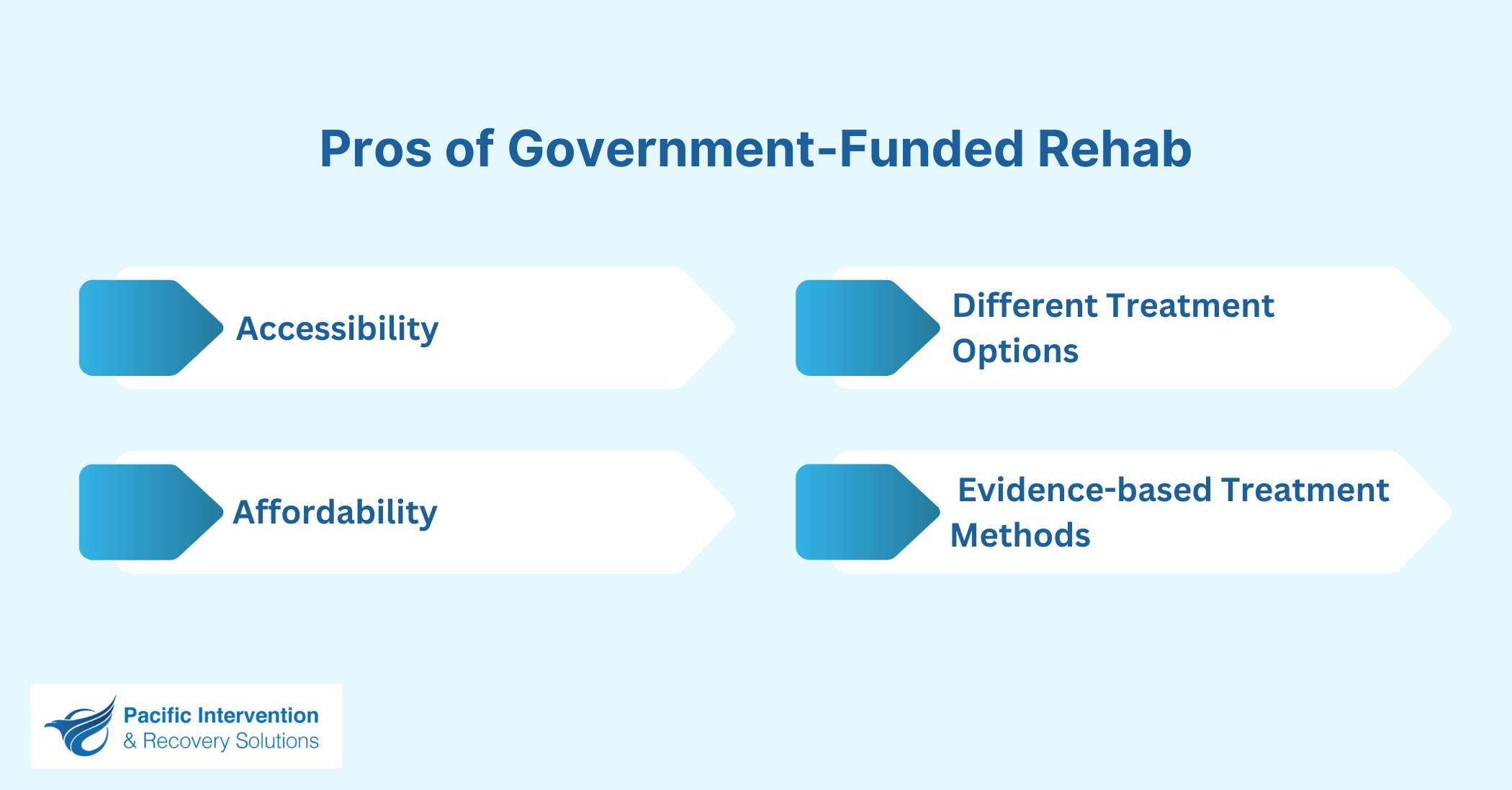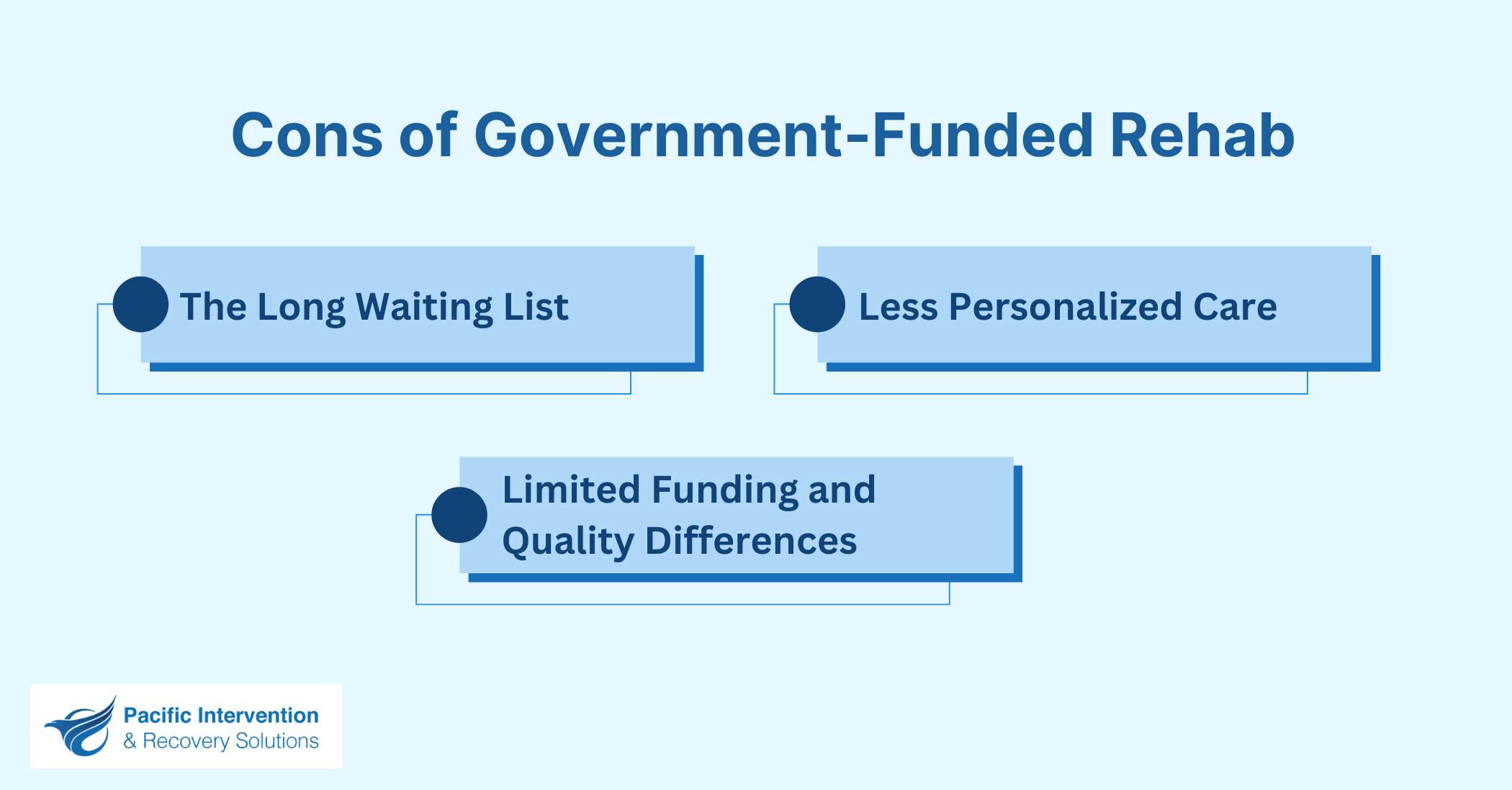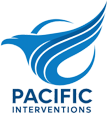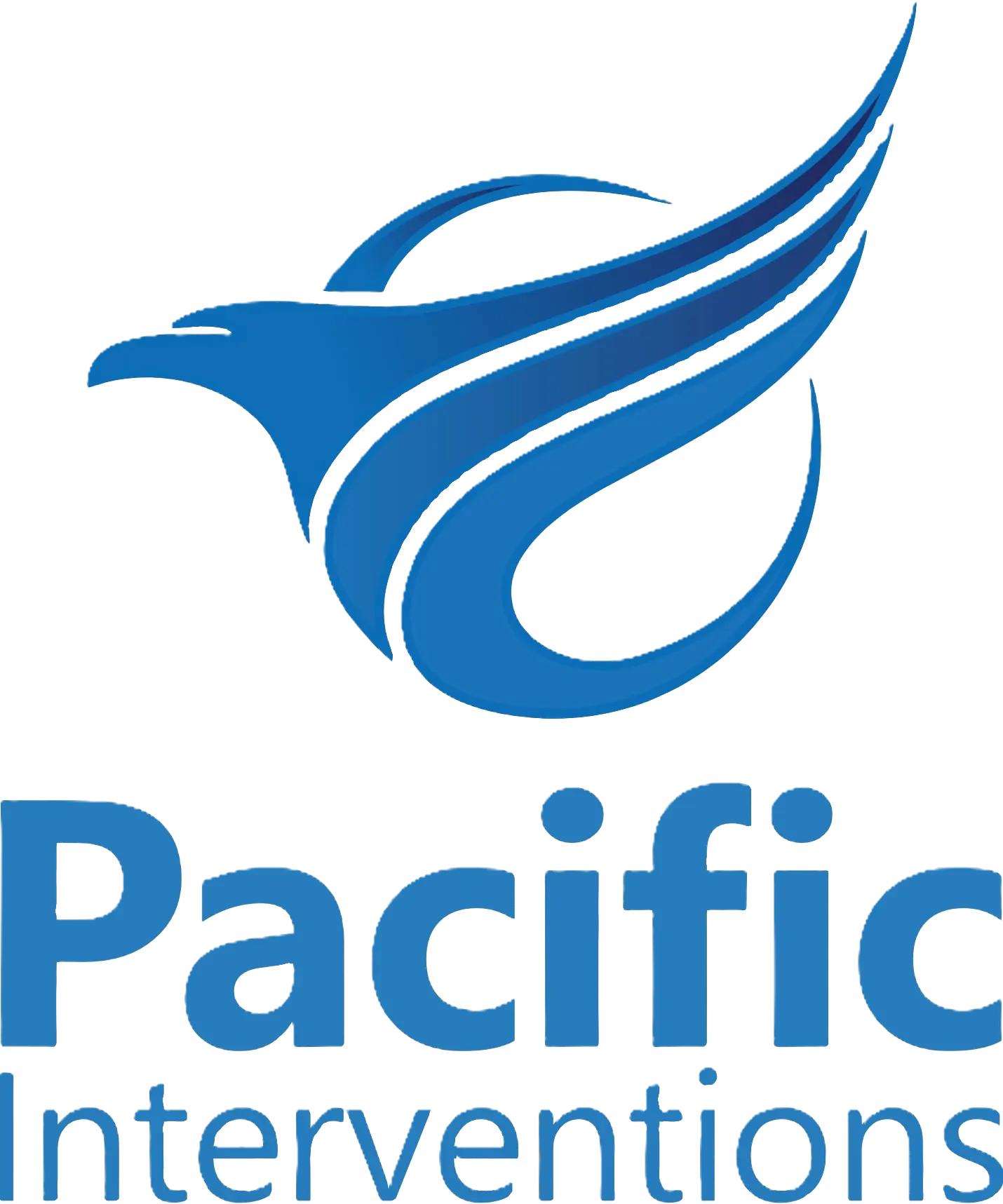Questions about addiction treatment often focus on cost and accessibility, especially when it comes to Government-Funded Rehab in Vancouver. Many people want to know whether rehab is free, what programs are available, and how the system works. The short answer is that free addiction treatment does exist through publicly funded services, making it possible for individuals without financial resources to access care. This guide explores how government-funded rehab operates across the country, with a focus on Vancouver and British Columbia.
Addiction treatment gained attention in the 1990s when addiction was recognized as a disease, leading to expanded programs like the federally funded Substance Use and Addiction Program (SUAP). SUAP supports non-profits nationwide that provide addiction and mental health services.
This revision is concise, improves flow, and retains key details while enhancing readability. Let me know if further refinements are needed or if we should proceed!
Is rehab free in Canada?
Yes, many Canadians can access free addiction treatment through government-funded programs, though private rehab centers do charge fees.
Every province and territory offers government-funded services for drug or alcohol addiction, including inpatient care, outpatient treatment, counseling, and follow-up support. Provincial and federal taxes fund these programs.
Eligibility for free rehab varies by province and program. Some areas require individuals to meet criteria such as residency or demonstrating a high level of need. While some prioritize severe cases, others have more flexible requirements.
This revision reduces redundancy, improves readability, and tightens the language without losing key details. Let me know if you’d like further refinements!
Government-Funded Rehab in Canada: Pros and Cons Explained
Government-funded rehab programs provide vital addiction treatment for individuals unable to afford private care. While these programs are low-cost and community-oriented, they come with both advantages and challenges.
Pros of Government-Funded Rehab

Accessibility
Government-funded rehab programs are widely available across Canada, including in major cities like Toronto and Vancouver, as well as remote regions. These services are open to all, even those without insurance or the means to pay for private treatment.
For example, Ontario’s Addiction Recovery Program, covered by the Ontario Health Insurance Plan (OHIP), offers services at hospitals and community clinics.
Affordability
These programs are free, making them a critical option for individuals who need addiction treatment without the financial burden of private rehab.
For instance, in British Columbia, free outpatient counseling and detox services are provided through the province’s Medical Services Plan (MSP).
Variety of Treatment Options
Government-funded facilities offer a range of treatments, including inpatient (residential) care, outpatient services, detox programs, and specialized therapies.
This flexibility allows individuals to choose options that suit their specific needs, such as 24/7 medical care or therapy while living at home.
- Example: Ontario’s Centre for Addiction and Mental Health (CAMH) provides services from detox to long-term recovery, while Alberta Health Services offers both inpatient and outpatient programs.
Evidence-based Treatment Methods
Government-funded programs employ research-backed methods proven effective for addiction recovery, such as:
- Cognitive Behavioral Therapy (CBT): Helps individuals change negative thought patterns contributing to addiction.
- Medication-Assisted Treatment (MAT): Combines medications like methadone or buprenorphine with counseling to manage withdrawal and cravings.
- 12-Step Programs: Supports sobriety through community engagement and structured recovery plans (e.g., Alcoholics Anonymous).
Cons of Government-Funded Rehab

The Long Waiting List
The most significant drawback is the long wait times, averaging 3 to 6 months in Canada. With limited beds and funding, availability can’t always keep up with demand.
Priority is often given to youth offenders, children under 19, and Indigenous individuals from First Nations communities. For others, the wait can be life-threatening, as some lose their lives to overdoses while waiting for treatment.
Limited Funding and Quality Differences
Government-funded facilities operate on tight budgets, leading to disparities in service quality. Some provinces offer comprehensive programs, while others struggle with underfunded staff, limited resources, and basic facilities.
Less Personalized Care
Due to high demand and limited resources, government programs often lack the individualized attention needed to address the root causes of addiction. Overcrowded facilities make it challenging to provide tailored care.
Public vs. Private Rehab Centers in Canada
Choosing between government-funded and private rehab options is a crucial step in addiction recovery. The following table highlights key differences to help you decide:
|
Treatment/ Facility |
Government Care |
Private Care (Addiction Rehab Toronto) |
| Customized Program Length | 21-day program | 14,30,45,60 or 90-day programs |
| Wait Time | 3-6 month wait | Within days |
| Aftercare | 3 Months | Lifetime |
| Client-Counsellor Ratio | 10: 1 | 3: 1 |
| Re-entry upon Relapse | None, or a long wait time | Within Days |
| Family Support | Limited | Ongoing and incorporated in the treatment plan |
Government-Funded Rehab
Government-funded centers provide essential care for those unable to afford private treatment. While programs are often short-term and may lack advanced technology or personalized plans, they are practical and accessible options.
Private Rehab
Private facilities offer longer programs, state-of-the-art treatments, and greater flexibility. With personalized plans and minimal wait times, they are ideal for those seeking comprehensive, tailored solutions. Studies show that long-term programs improve outcomes, making private care a strong choice for those who can afford it.
The Bottom Line
Government-funded rehab is a lifeline for individuals with limited resources, offering effective but basic treatment options. Private centers provide faster, more customized care with advanced methods, but at a higher cost.
If private care isn’t feasible, contact a government-funded facility in your area—because any treatment is a critical first step toward recovery.
Why Choose Pacific Intervention?
At Pacific Interventions, we provide tailored addiction treatment focused on each individual’s unique recovery journey. Here’s why our private rehab stands out:
- Customized Treatment Plans: We design individualized strategies targeting the root causes of addiction and any related challenges to support long-term recovery.
- Immediate Access to Treatment: Unlike public rehab programs with long waitlists, we offer prompt admission to ensure timely support.
- Personalized Attention: A low client-to-staff ratio allows us to provide more one-on-one care and deeper support throughout the recovery process.
- Comprehensive Aftercare: Our recovery coaching and aftercare programs empower clients to maintain sobriety and achieve long-term success post-treatment.
- Diverse Treatment Options: We offer outpatient and inpatient care and use a mix of evidence-based therapies to meet diverse recovery needs.
- Confidential and Comfortable Environment: Our private rehab ensures privacy and provides a supportive, stress-free setting for healing.
- Advanced Treatment Methods: We stay at the forefront of addiction treatment techniques, ensuring the best possible care.
Conclusion
Seeking addiction treatment is a critical step toward reclaiming your life. Finding the right program is essential for long-term recovery. While government programs offer valuable resources, private rehab centers like Pacific Interventions provide personalized care, immediate access, and comprehensive support, often leading to better outcomes.
At Pacific Interventions, we understand the complexities of addiction. Our customized treatment plans are tailored to your unique needs, ensuring expert care and guidance throughout your recovery journey.
If you or a loved one is struggling with addiction, don’t wait to seek help. Contact Pacific Interventions today to learn how our evidence-based programs and compassionate team can help you build a lasting foundation for recovery. Start your path to sobriety with us now.



